java.time
Java 8 and later now includes the java.time framework. Inspired by Joda-Time, defined by JSR 310, extended by the ThreeTen-Extra project. See the Tutorial.
This framework supplants the old java.util.Date/.Calendar classes. Conversion methods let you convert back and forth to work with old code not yet updated for the java.time types.

The core classes are:
This framework solves the couple of problems you listed.
0-based months
Month numbers are 1-12 in java.time.
Even better, an Enum (Month) provides an object instance for each month of the year. So you need not depend on "magic" numbers in your code like 9 or 10.
if ( theMonth.equals ( Month.OCTOBER ) ) { …
Furthermore, that enum includes some handy utility methods such as getting a month’s localized name.
If not yet familiar with Java enums, read the Tutorial and study up. They are surprisingly handy and powerful.
A date without a time
The LocalDate class represents a date-only value, without time-of-day, without time zone.
LocalDate localDate = LocalDate.parse( "2015-01-02" );
Note that determining a date requires a time zone. A new day dawns earlier in Paris than in Montréal where it is still ‘yesterday’. The ZoneId class represents a time zone.
LocalDate today = LocalDate.now( ZoneId.of( "America/Montreal" ) );
Similarly, there is a LocalTime class for a time-of-day not yet tied to a date or time zone.
About java.time
The java.time framework is built into Java 8 and later. These classes supplant the troublesome old legacy date-time classes such as java.util.Date, Calendar, & SimpleDateFormat.
The Joda-Time project, now in maintenance mode, advises migration to the java.time classes.
To learn more, see the Oracle Tutorial. And search Stack Overflow for many examples and explanations. Specification is JSR 310.
Where to obtain the java.time classes?
The ThreeTen-Extra project extends java.time with additional classes. This project is a proving ground for possible future additions to java.time. You may find some useful classes here such as Interval, YearWeek, YearQuarter, and more.
